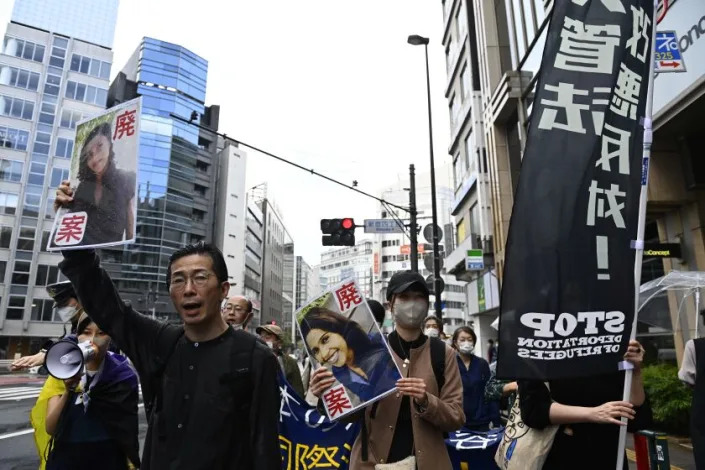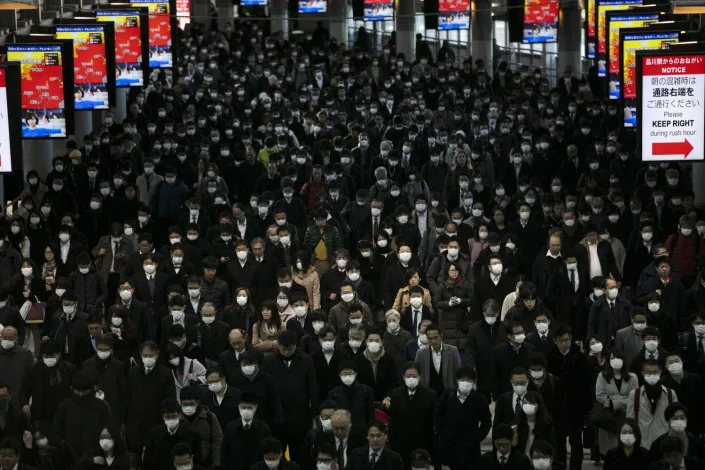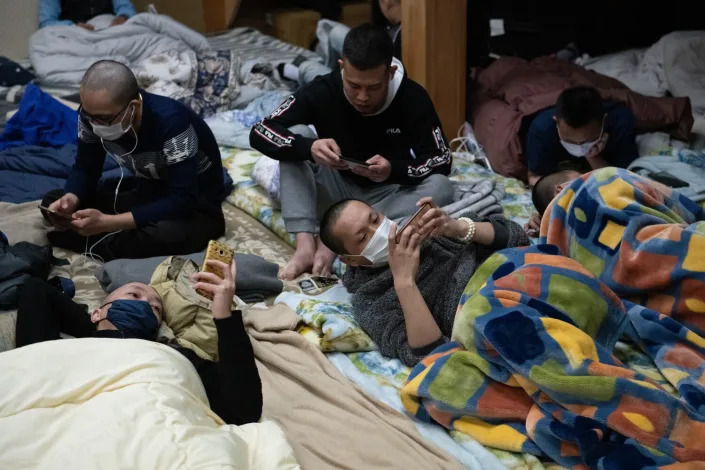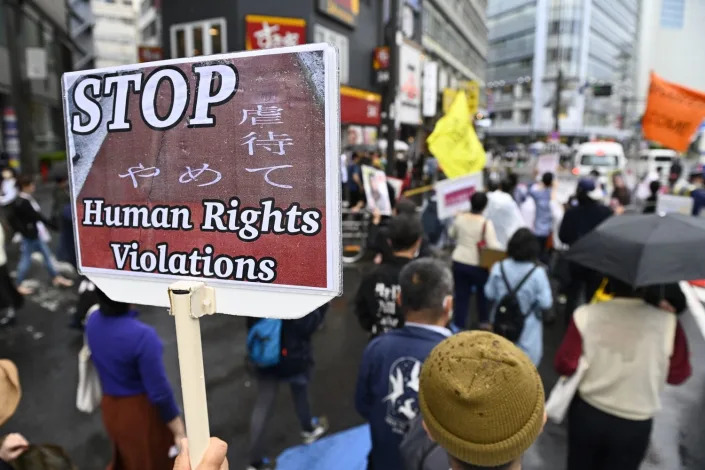Ben Riley-Smith
Sun, July 23, 2023

The Home Office is looking at loosening migration policy - Alamy
Thousands of Swiss young adults could be given two-year visas to come to Britain as waiters, baristas and au pairs under plans being examined by the Home Office.
Officials have approached their counterparts in Switzerland to try to reach a special deal for 18- to 30-year-olds to work in the UK for a limited period, and vice versa.
There are hopes to sign similar agreements with European Union nations, but that is complicated by Brussels’ usual insistence that such deals are struck collectively by the EU bloc.
This loosening of migration policy is a reflection of the tight UK labour market, with unemployment low and yet many job vacancies remaining, which has been cited as a factor in rising prices.
It is also notable given the rhetoric that Suella Braverman, the Home Secretary, often employs on immigration, including recently on the need to train more Britons for jobs where there are skills gaps.
The development, first reported in The Sunday Times, would help restaurants, cafes, households looking for a nanny, and other employers to find suitable workers to fill vacancies.
Britain’s departure from the EU, which took effect in January 2020, means that the UK is no longer part of the bloc’s “freedom of movement” rules.
They allowed any EU citizen to freely move to another EU country without needing a visa.
The rule became a central issue in the EU referendum, with those advocating Brexit arguing that the inability to control the number of people who moved from the EU to the UK had to end.
The idea being pursued by the Home Office is for bilateral deals that would allow a number of people aged 18-30 to move to the UK for a set period of time to work.
It would likely be reciprocal, meaning that a similar number of Britons aged between 18 and 30 would be able to move to work in the country that struck the deal.
A Home Office insider insisted that Switzerland, which being outside the EU has more flexibility to make such agreements, was the only country that has been approached so far.
European Commission leaders tend to oppose individual members striking immigration deals with third countries without Brussels being involved in the negotiations.
Such deals are normally struck across the EU’s 27 member states. That approach could complicate any Home Office attempt to make agreements with the likes of France and Italy.
The policy push appears to be in its early stages. A Home Office insider said that government officials, rather than Ms Braverman herself, had reached out to Switzerland.
How tightly to set the post-Brexit immigration regime continues to be an issue that splits the Conservative Party, with fervent Eurosceptics favouring a tougher approach to work visas.




















